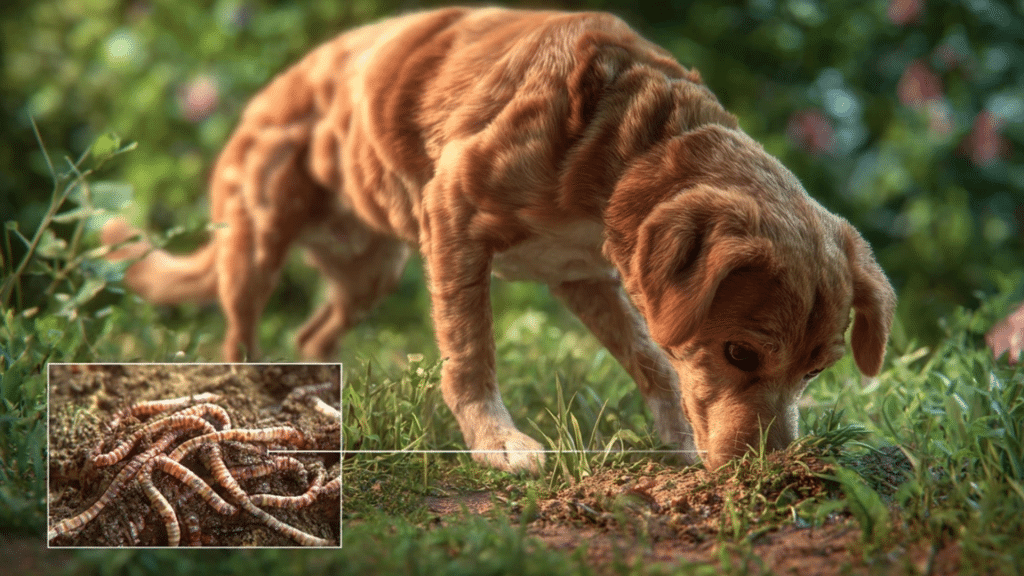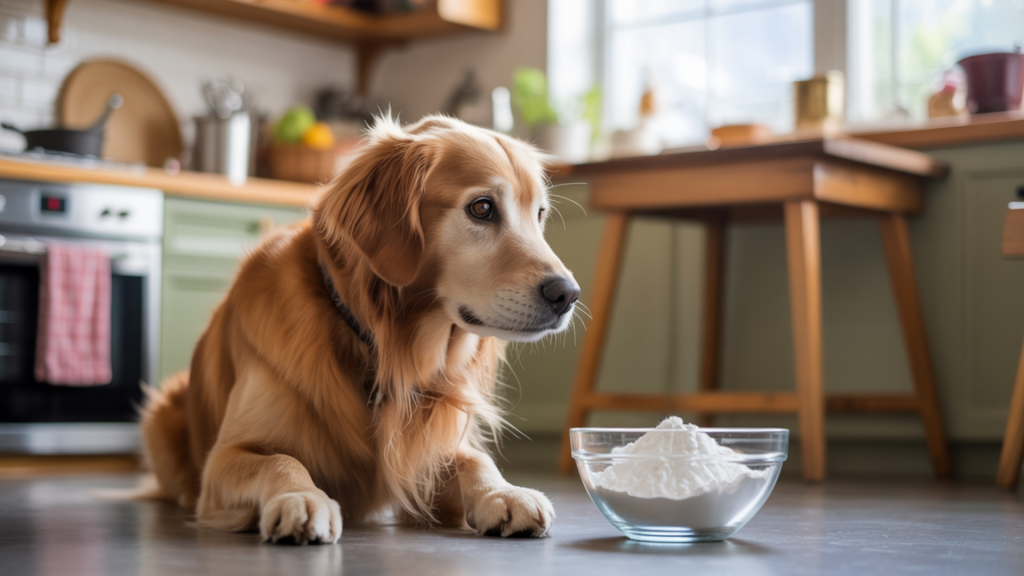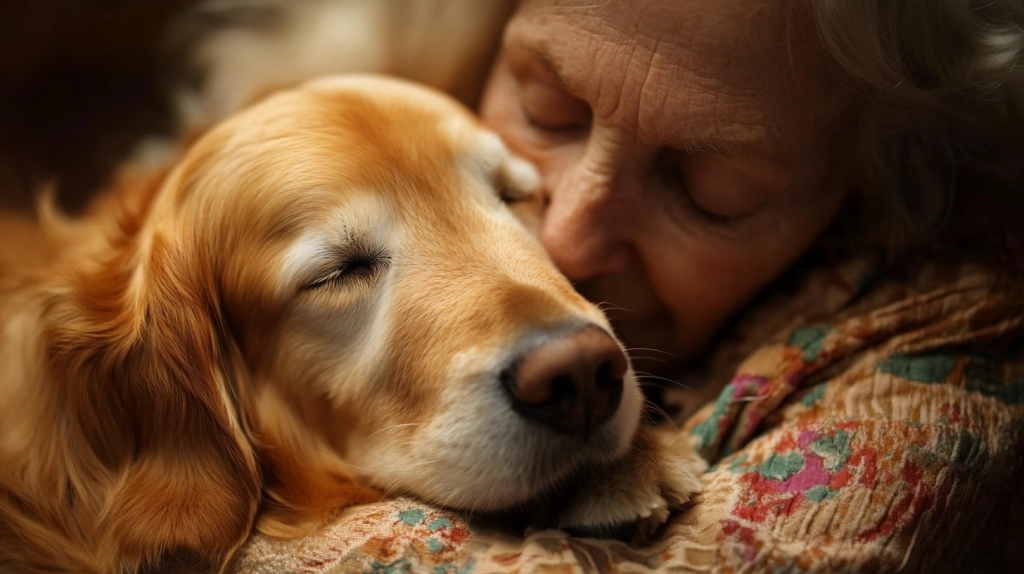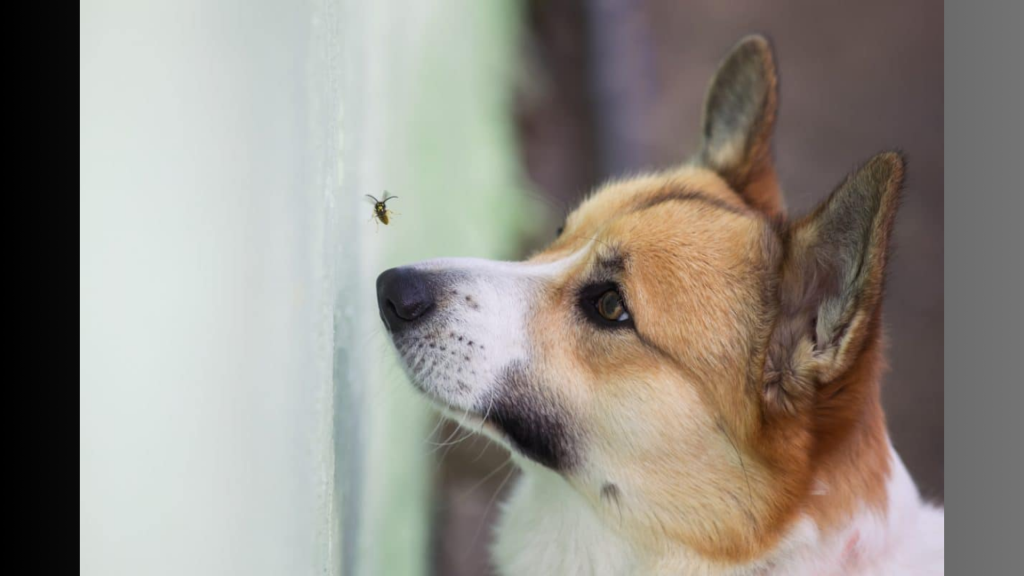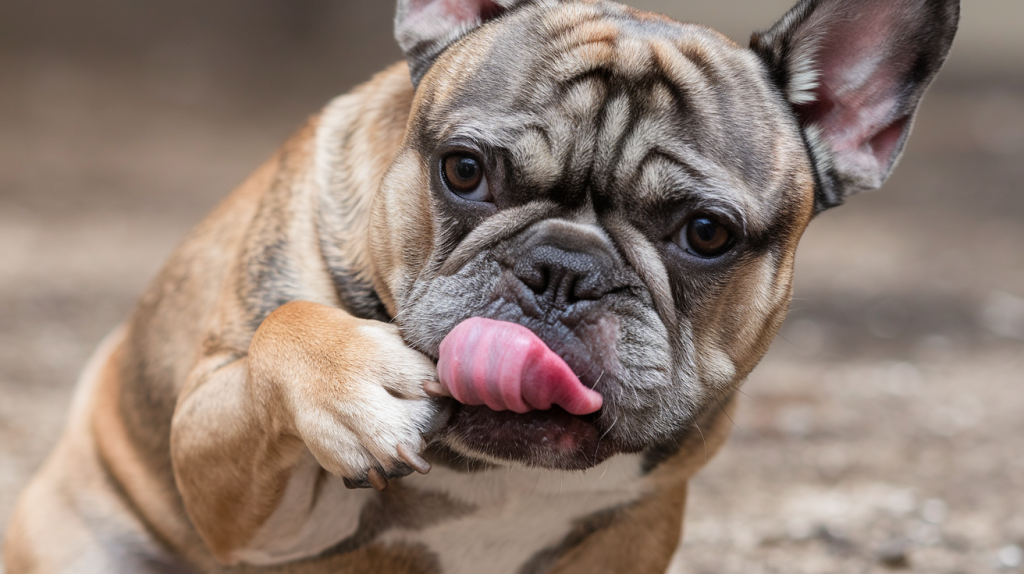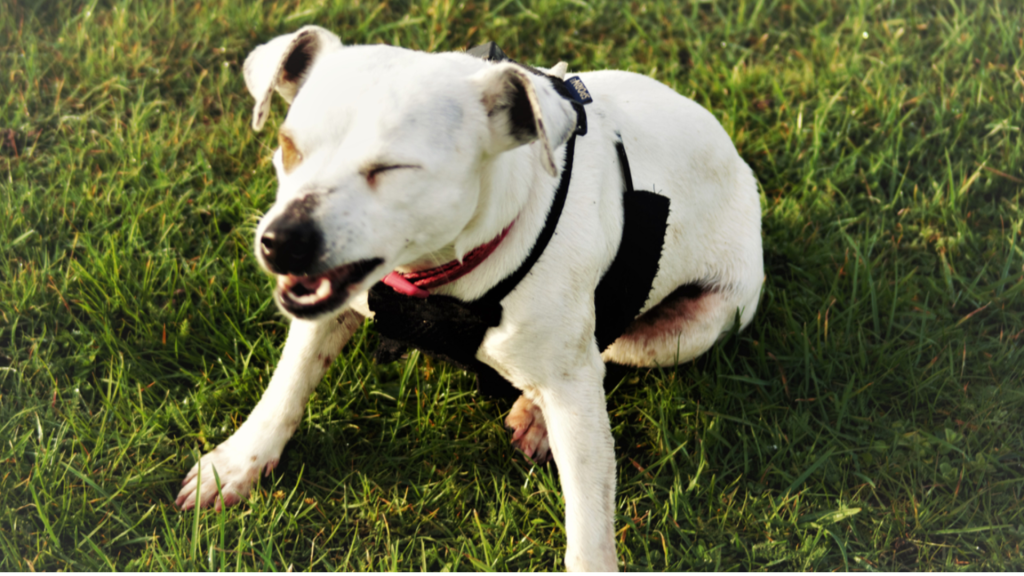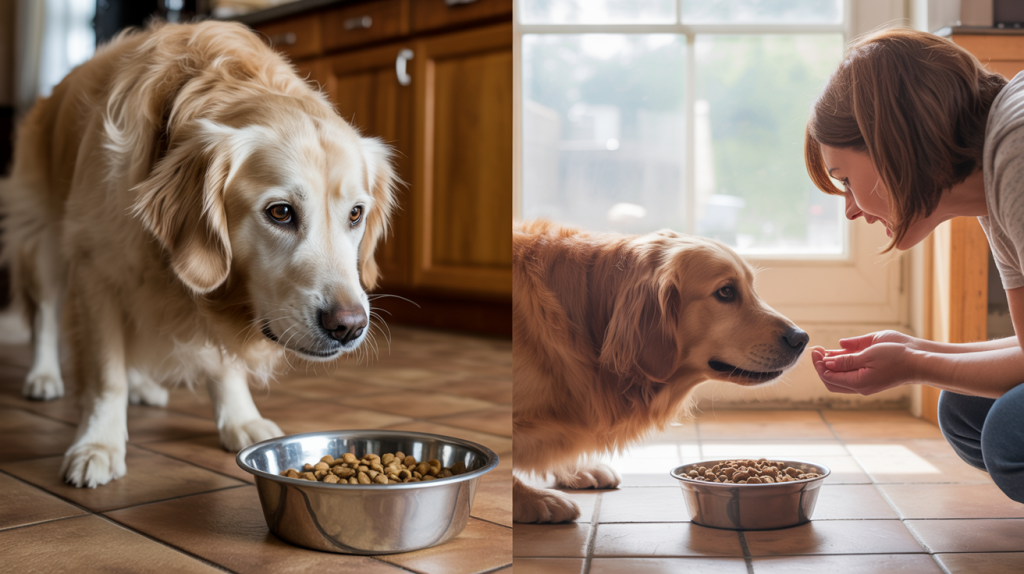Hookworms are nasty little parasites that can cause serious problems for your dog. Identifying them isn’t always straightforward, and knowing what to look for matters.
Whether you’ve spotted something suspicious or you’re just trying to stay ahead of potential problems, this blog will walk you through everything you need to know.
From what to watch for to the steps that’ll protect your pup’s health.
Can You See Hookworms in Dog Poop? How Dogs Get Them
Most of the time, you cannot see hookworms in dog poop. They are very small, and their eggs are microscopic, so only a vet can confirm them with a stool test.
Sometimes, hookworms cause dark or bloody poop, but the worms themselves usually aren’t visible.
If you do notice thin, thread-like reddish worms in fresh stool, those could be adult hookworms, though this is rare.
Dogs get hookworms in a few ways: by eating contaminated soil or poop, by larvae entering through their skin when they lie or walk on infected ground, or from their mother’s milk when they are puppies.
Once inside, the worms travel to the intestines, attach to the lining, and feed on blood, which can make dogs very sick.
The Hookworm Life Cycle
Understanding how hookworms grow and spread makes it easier to protect your dog. Below is a simple flowchart showing the main stages of the hookworm life cycle:
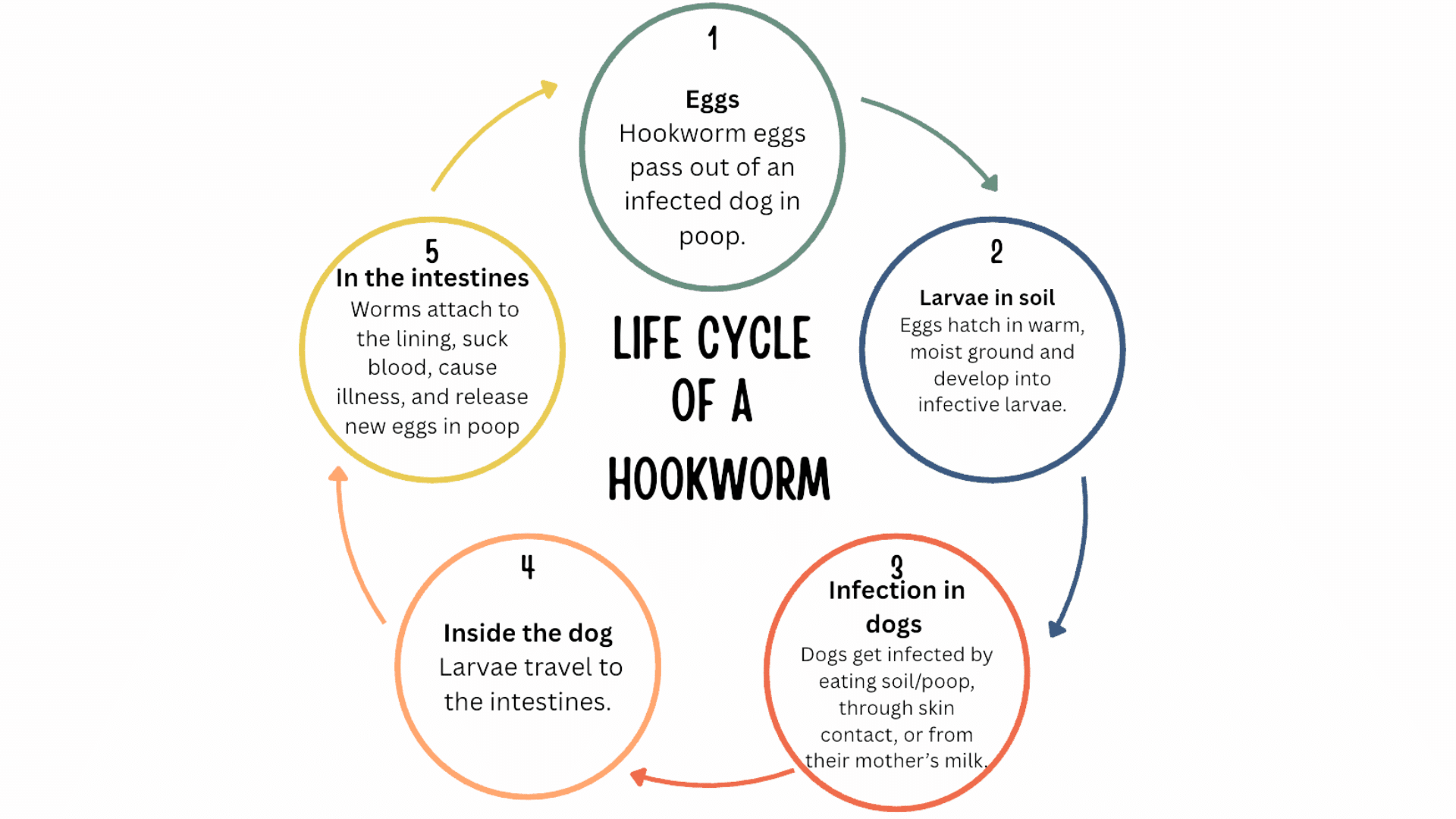
Different Types of Hookworms in Dogs
Dogs can be affected by more than one type of hookworm, and each kind has slightly different effects on their health. Below is a table showing the main types of hookworms in dogs and how they differ.
| Hookworm Species | Where It’s Found | Effect on Dogs | Risk to Humans |
|---|---|---|---|
| Ancylostoma caninum | Common worldwide (esp. warm regions) | Most dangerous; causes severe blood loss and anemia, especially in puppies | Rarely, it can infect the intestines (abdominal pain, diarrhea) |
| Ancylostoma braziliense | Warm, coastal, tropical areas | Mild infection in dogs (less blood loss) | High risk; main cause of “cutaneous larva migrans” (itchy skin tracks) |
| Uncinaria stenocephala | Cooler climates (North America, Europe) | Milder infections; mainly digestive upset, less blood loss | Rare, usually mild skin irritation |
Signs Your Dog Has Hookworms

Hook worms in dog poop can be tricky to spot since they’re too small to see in poop. Below are some important signs that may show your dog has hookworms.
Diarrhea (Sometimes Bloody)
Hookworms damage the lining of the intestines, which can cause frequent loose stools. In many cases, the stool may contain blood or look very dark and tarry.
This happens because the worms feed on blood. If your dog has ongoing diarrhea or you notice blood, it’s a strong warning sign.
Weight Loss
Even though your dog may still eat normally, hookworms take away nutrients and blood from the body. Over time, this leads to weight loss that is noticeable.
If your dog starts looking thinner without a change in food or activity, hookworms could be the hidden cause behind it.
Low Energy and Weakness
Dogs with hookworms often lose energy because the worms drain blood and lower iron levels. This makes them feel tired and weak.
Your once-active dog may become lazy, sleep more, or lose interest in play. This sudden drop in energy is one of the clearest signs that something is wrong.
Pale Gums
Healthy dog gums are usually a pinkish color. If hookworms are present, they can cause anemia, which means less red blood in the body.
This makes the gums look pale or whitish instead of pink. Checking your dog’s gums is a quick way to spot a possible problem early.
Pot-Bellied Appearance (Especially in Puppies)
Puppies are very vulnerable to hookworms. A heavy infection can make their belly look swollen or bloated, even though the rest of their body looks thin.
This “pot-belly” sign is common in worm infections. If you notice this in a puppy, get vet care right away since it can be serious.
Coughing
In some cases, hookworm larvae travel through the lungs before reaching the intestines. This can cause irritation that makes your dog cough.
If coughing appears along with diarrhea, weight loss, or other symptoms, hookworms could be the reason. While coughing alone doesn’t prove worms, it’s worth checking with your vet.
Note: If you notice any of the signs above, take your dog to the vet right away. Hookworms can get worse quickly, especially in puppies, and only a vet can confirm the infection and give the right treatment.
What the Vet Will Do
No need to panic, your vet will prescribe safe medicines that usually clear hookworms within just a few days. Below are the simple steps your vet will take to help your pup recover fully.
1. Run a stool test: We’ll check your dog’s poop under a microscope to look for hookworm eggs.
2. Prescribe safe deworming medicine: Usually given in a few doses to clear both adult worms and larvae.
3. Treat symptoms if needed: If your dog is weak, anemic, or dehydrated, we may give extra care like fluids or supplements.
4. Schedule a follow-up test: To make sure the worms are completely gone.
5. Recommend prevention: Monthly parasite control and routine fecal exams to stop hookworms from coming back.
Do Hookworms Spread From Dogs to Humans?
Yes, humans can catch hookworms from dogs, but not in the same way dogs get them. People don’t usually get hookworms by touching poop directly.
Instead, the larvae live in soil or sand where an infected dog has defecated. If a person walks barefoot, sits, or plays in that area, the larvae can burrow into the skin.
This causes red, itchy lines known as “cutaneous larva migrans.” In rare cases, they can reach the intestines and cause stomach pain.
Good hygiene, wearing shoes, and picking up poop quickly are the best ways to protect yourself and your family.
Tips to Prevent Hookworms in Dogs
Keeping your dog safe from hookworms is easier than you might think. Below are some of the most important tips every pet parent should follow:
- Use monthly parasite prevention: Most vet-recommended preventives protect against hookworms.
- Schedule regular fecal exams: Yearly or semi-annual stool tests help catch infections early.
- Pick up poop right away: This stops hookworm eggs from reaching the soil.
- Keep your yard clean and dry: Moist soil helps hookworm larvae survive longer.
- Deworm puppies and nursing moms: Follow your vet’s schedule for routine deworming.
- Stop soil-snacking habits: Prevent your dog from eating dirt, poop, or prey animals.
Conclusion
From understanding how dogs catch these parasites to recognizing symptoms and getting proper vet treatment, you’re equipped to protect your pup.
Hookworms are totally treatable with deworming medicine and preventable with monthly treatments.
Keep that poop picked up, stick to regular vet checkups, and watch for those warning signs. Your dog’s health depends on catching these sneaky parasites early.
What hookworm prevention methods work best for your dog?
Share your experience, it might help another worried pet parent!


